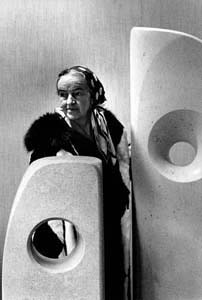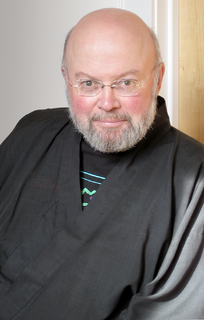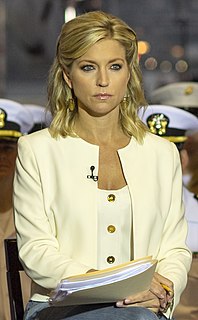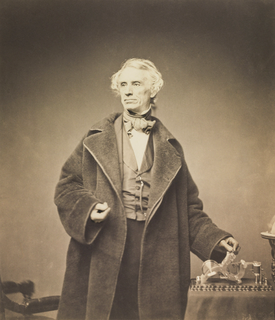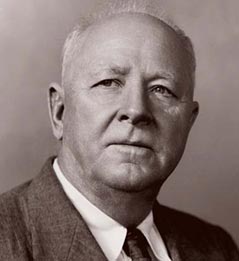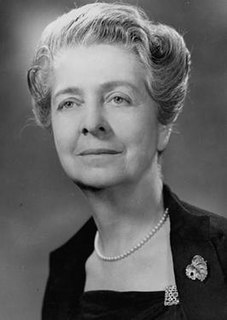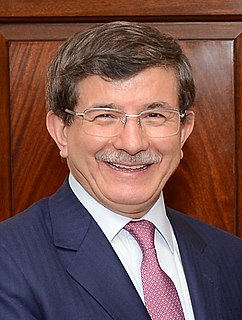A Quote by Raymond Williams
Country' and 'city' are very powerful words, and this is not surprising when we remember how much they seem to stand for in the experience of human communities. In English, 'country' is both a nation and a part of a 'land'; 'the country' can be the whole society or its rural area. In the long history of human settlements, this connection between the land from which directly or indirectly we all get our living and the achievements of human society has been deeply known.
Quote Topics
Achievements
Area
Been
Between
Both
City
Communities
Connection
Country
Deeply
Directly
English
Experience
Get
History
How
How Much
Human
Human Society
Indirectly
Known
Land
Living
Long
Long History
Much
Nation
Our
Part
Powerful
Powerful Words
Remember
Rural
Seem
Settlements
Society
Stand
Surprising
Very
Very Powerful
Which
Whole
Words
Related Quotes
I have gained very great inspiration from the Cornish land- and seascape, the horizontal line of the sea and the quality of light and colour which reminds me of the Mediterranean light and colour which so excites one's sense of form; and first and last there is the human figure which in the country becomes a free and moving part of a greater whole. This relationship between figure and landscape is vitally important to me. I cannot feel it in a city.
The first thing to say is that the ordinary criminal law in this country, the Human Rights Act, the Children's Act, all of the laws of the country take precedence, but what I'm also saying is that within the context of a secular country, which Britain now kind of is, or at least a country which purports to be relatively equal between religions, there should be some scope for allowing faith communities to govern themselves - subject to it being consensual and subject to everyone's human rights being observed.
This is the greatest society in all of human history, the greatest country ever. Many of the decisions being made in Washington today by both parties are threatening that greatness. And if we stay on this road we're on right now, our children are going to be the first Americans ever to inherit a diminished country.
The profound mistake of Reverend Wright's sermons is not that he spoke about racism in our society. It's that he spoke as if our society was static; as if no progress has been made; as if this country - a country that has made it possible for one of his own members to run for the highest office in the land and build a coalition of white and black; Latino and Asian, rich and poor, young and old - is still irrevocably bound to a tragic past.
My country has been wracked with violence for a long time. Just to see all the violence on the news makes you sick. It's true that violence is in our nature, but I try to explore deeply where it comes from and where it goes and what it creates. Not in a moralistic or preachy way, but just to observe the real consequences of violence in a human being or in a society.
History is largely a record of human struggle to wrest the land from nature, because man relies for sustenance on the products of the soil. So direct, is the relationship between soil erosion, the productivity of the land, and the prosperity of people, that the history of mankind, to a considerable degree at least, may be interpreted in terms of the soil and what has happened to it as the result of human use.
Look at the Israel-Palestine conflict, for example. If you look at a map from 1947 to now, you'll see that Israel has gobbled up almost all of Palestinian land with its illegal settlements. To talk about justice in that battle, you have to talk about those settlements. But, if you just talk about human rights, then you can say, "Oh, Hamas violates human rights," "Israel violates human rights." Ergo, both are bad.

